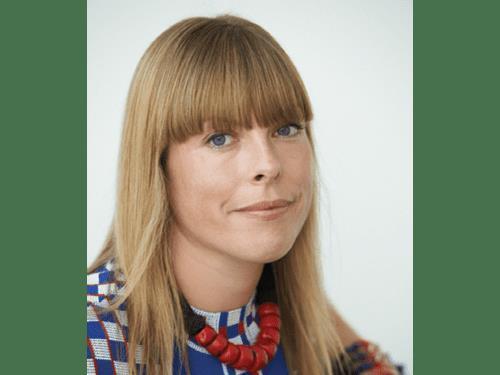
18 of the UK’s largest energy organisations have signed a pledge to do more to support women working in middle management in the industry.
This commitment, coming from regulators Ofgem and the North Sea Transition Authority amongst others, comes during National Inclusion Week – fittingly the theme of this year is ‘Time to Act: the Power of Now’.
The statement from the Energy Leaders’ Coalition (ELC) commits to immediate and tangible action to reduce the barriers women are facing mid-career, and develop more inclusive cultures where female talent is cultivated and can thrive – and can contribute to the energy transition.
The ELC comprises the UK heads of the following 18 organisations: BP, Cavendish Nuclear, Centrica, Drax, EDF Energy, Engie Group, E.ON, National Grid, Orsted, RWE, ScottishPower, Shell, So Energy, SSE, Subsea 7, Wood, and the regulators Ofgem and the North Sea Transition Authority.
This is in response to a POWERful Women report published earlier this year.
Entitled ‘Cultivating Female Talent in Energy: What the sector can do to resolve barriers faced by women in middle management‘, the report found that only 14% of executive director roles in the UK energy sector were held by women in 2021.
It also found that while companies have made welcome commitments on diversity, women working at this level experience unsupportive cultures and inadequate delivery of policies.
Following meetings next month, a selection of CEOs will share their companies’ efforts and plans with the rest of the ELC, as part of their commitment to learn from each other and be accountable for action.
Progress will then be reported publicly in the upcoming ELC Annual Report, to be published at POWERful Women’s annual conference on 22nd November.
In the statement, the signatories said: “We, the ELC UK CEOs, will:
- Work for change and to reduce barriers, taking tangible actions in our companies to deliver this
- Promote and communicate our ambitions and actions – visibility will amplify the effect and ensure we are accountable
- Lead the development of the required inclusive culture, including role-modelling behaviours and visible allyship, recognising our unique contribution as leaders
- Actively seek feedback from our middle managers, so that we understand our key issues to tackle
- Be curious in our organisations, questioning and testing whether our talent processes are working as they need to, also ensuring challenge and leadership in our global organisation contexts
- Track interventions and progress individually, share in the ELC, and report collectively for 2022, 2023 and 2024″
Head of Orsted UK, Duncan Clark, said: “We recognise there is no one size fits all approach, but there are common elements to the solutions that we can tailor to our organisations.
“This includes taking ownership at a leadership level, upskilling managers, asking the right questions to find out what women at mid-career think and really need, and monitoring performance against diversity targets.
“This is a positive move that will help us retain and cultivate the talent we need for the energy challenges ahead and enable our businesses to reap the benefits of the investment we are making in diversity policies.”
Chairwoman of POWERful Women, Katie Jackson, added: “We welcome this public commitment from the UK’s energy leaders to addressing the barriers we know women are facing at the mid-career point.
“Our research revealed some startling insights into the lived experience of women in the energy workplace and how, while good policies exist to support flexible working and talent development, for example, they are not delivering in practice for women, and that this is often made worse by an unsupportive culture.
“This focus from the Energy Leaders’ Coalition is very welcome – it’s a positive and constructive response that we believe will reap benefits for both women and companies in the sector.”
Recommended for you


 © Supplied by Energy Council
© Supplied by Energy Council